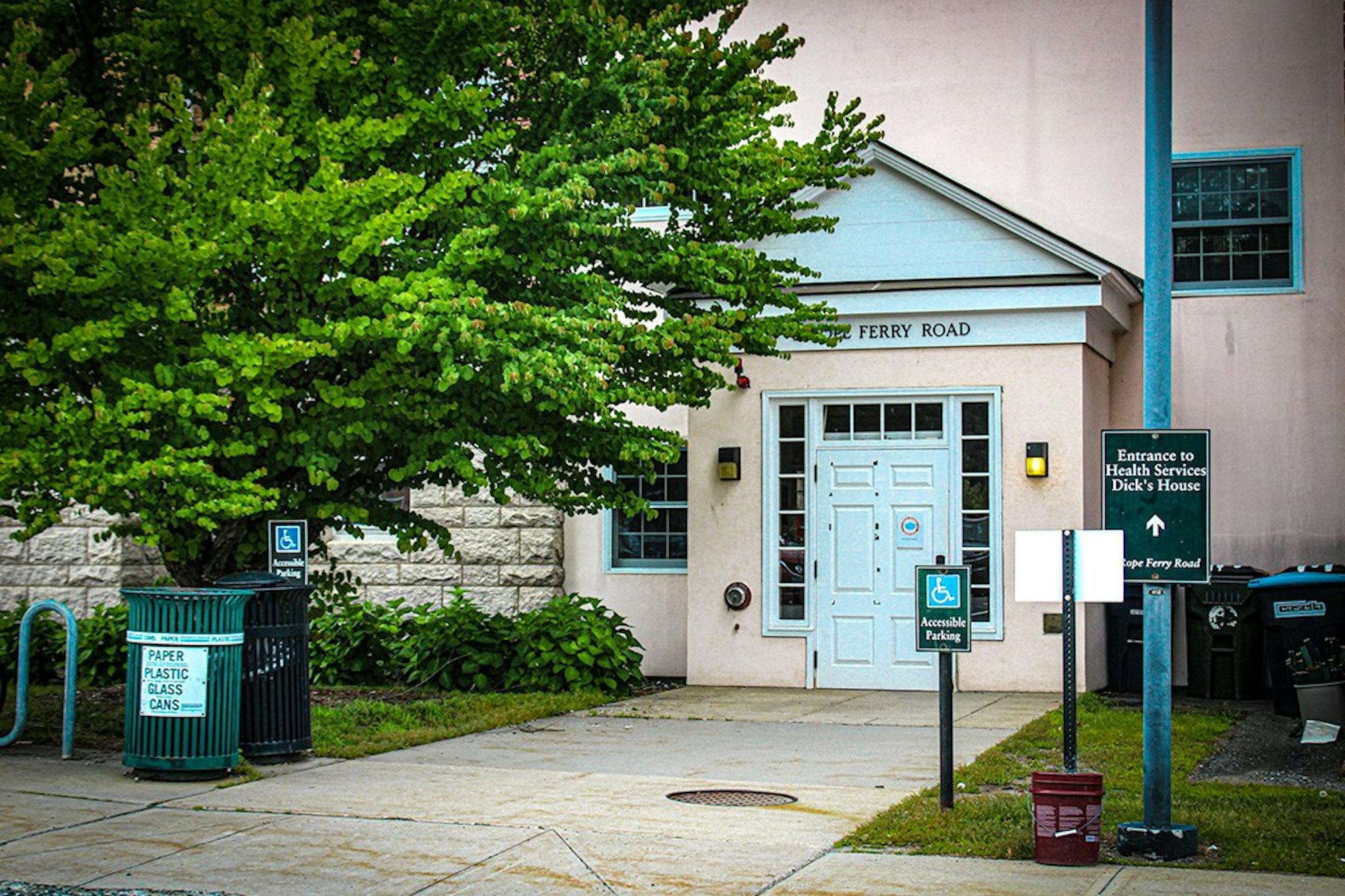According to the COVID-19 dashboard updated on July 8, 23 undergraduates reported positive tests for COVID-19, along with nine graduate students and professors and 49 staff members. However, some students and professors have expressed confusion regarding protocol after contracting COVID-19, with many taking precautionary measures independent of the College’s guidelines.
According to director of communications for student affairs Elizabeth Ellis, students who test positive are required by the College to isolate in their residences except for solo walks and meal pickups, notify close contacts of their exposure, report their test result to Dartmouth College Health Service and wear face masks.
However, the College no longer mandates surveillance testing and instead encourages students to self-disclose their symptoms and test results, which has sparked concerns about the accuracy of the COVID-19 case count.
“I do think it could be potentially scary for anyone who looks at the COVID-19 dashboard to monitor how safe it is to be on campus and sees a pretty low number of cases, where there might actually be a couple dozen more that are not reported,” Katherine Takoudes ’24 said.
Some students also report a lack of direction from the College regarding isolation and masking protocol once they test positive for COVID-19.
Takoudes said after she tested positive upon arriving on campus for summer term, she isolated in her room “as much as possible” and spent time with her friends outdoors. She added that she took tests from the Collis Center every day until she tested negative on day seven, after which she left isolation and chose to mask in class until day 10.
The College recommends taking a rapid test on day five and day seven of isolation and ending isolation on the tenth if symptoms are improving. Masks should be worn until day 10 regardless of when someone tests out, according to College guidelines.
“I think students who have COVID are taking their own precautions and creating their own quarantine, isolation plans and don’t really need the College to be involved,” Takoudes said. “...They would rather just not have the College intervene or try and give them action plans when they have their own idea of what they need to do.”
Jacob Gomez ’24, who tested positive for COVID-19 last Wednesday, said that he misses how the College used to send him frequent emails with instructions on what to do in the case he tested positive for COVID-19.
“I do think the College should be doing more,” Gomez said. “I got used to … those constant emails, reminding us. The [College’s COVID-19] website is sort of confusing, so that’s the reason I didn’t know who to report to, and I just relied on my friends who had COVID-19 before.”
Like Takoudes, Gomez said he handled COVID-19 without notifying the College, quarantining in his off-campus house and emailing his professors to let them know he would be unable to attend class.
When physics and astronomy professor Marcelo Gleiser contracted COVID-19, he said he opted to teach remotely for the first few weeks of summer term but noted that it was a “personal choice,” as he never received written instructions from the College to teach online. Although Gleiser is now teaching in person, he said that he still wears a mask in class and hopes that students do the same.
While Gleiser said that professors currently must rely upon explicit permission from College administrators or the chair of the department to be able to teach virtually, he believes professors should have the authority to decide whether they want to teach in person.
“The only place where I think the College could have been a little more flexible is in giving more autonomy to professors that may be a higher risk either to themselves and their families to actually opt for virtual classes…. That was never made very clear,” he said. “It was more like on a person-to-person basis, as opposed to giving autonomy to the professors to decide ‘I don't feel comfortable stepping in front of 40 students.’”
Jewish studies chair and German professor Veronika Fuechtner said she tested positive for COVID-19 in January and has decided to teach outside this summer, noting that five of her colleagues have recently gotten sick with COVID-19.
“At least judging anecdotally, cases are up. I am teaching this summer and I do have students in my class who got sick,”Fuechtner wrote. “... I do wish though we could avail of the more reliable PCR tests again through the College.”
Ellis wrote that “the COVID-19 Leadership Team meets on a regular basis and are monitoring local, regional, and national trends. They plan to issue additional communications to the Dartmouth community and will update the current public health guidance if necessary.”


